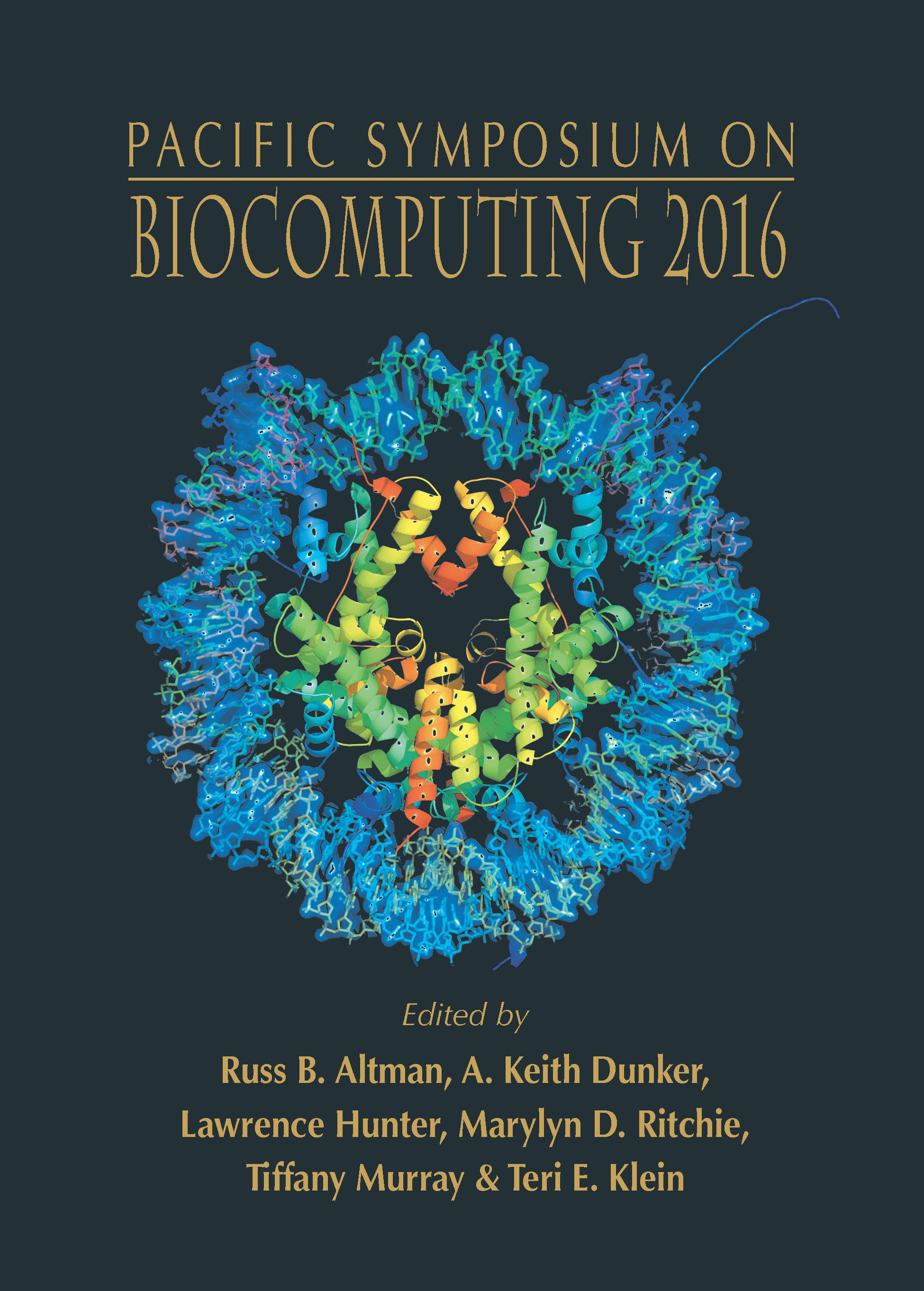
Sahand Khakabimamaghani, Martin Ester
School of Computing Science, Simon Fraser University
Email: sahandk@sfu.ca, ester@sfu.ca
Pacific Symposium on Biocomputing 21:345-356(2016)
© 2016 World Scientific
Open Access chapter published by World Scientific Publishing Company and distributed under the terms of the Creative Commons Attribution (CC BY) 4.0 License.
The move from Empirical Medicine towards Personalized Medicine has attracted attention to Stratified Medicine (SM). Some methods are provided in the literature for patient stratification, which is the central task of SM, however, there are still significant open issues. First, it is still unclear if integrating different datatypes will help in detecting disease subtypes more accurately, and, if not, which datatype(s) are most useful for this task. Second, it is not clear how we can compare different methods of patient stratification. Third, as most of the proposed stratification methods are deterministic, there is a need for investigating the potential benefits of applying probabilistic methods. To address these issues, we introduce a novel integrative Bayesian biclustering method, called B2PS, for patient stratification and propose methods for evaluating the results. Our experimental results demonstrate the superiority of B2PS over a popular state-of-the- art method and the benefits of Bayesian approaches. Our results agree with the intuition that transcriptomic data forms a better basis for patient stratification than genomic data.